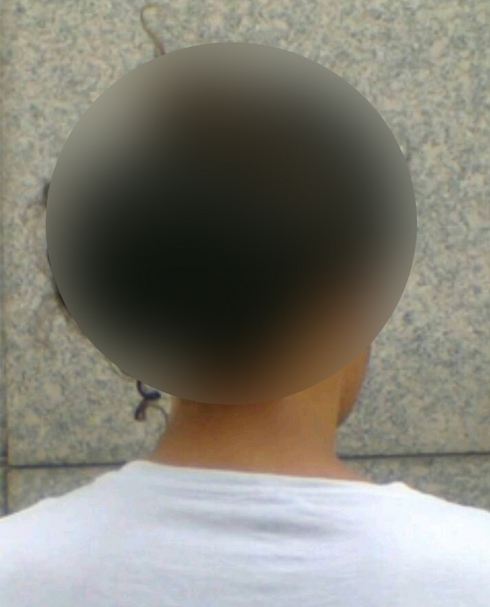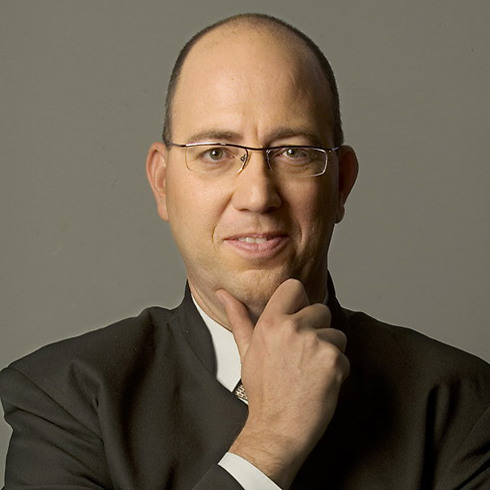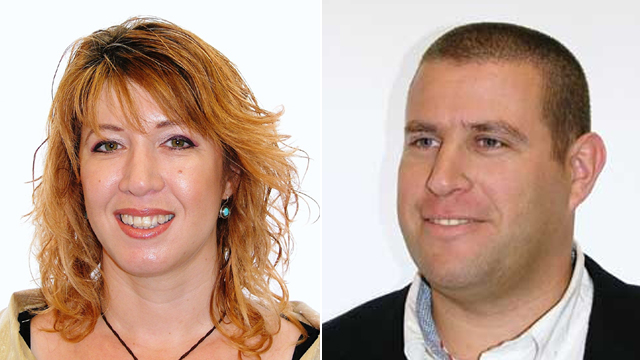In unusual decision, Supreme Court rules that a religious foster family who received twin daughters aged 5 will fully determine how they are raised.
The Supreme Court ruled Tuesday in an extraordinary decision that a Muslim Arab who was born in Nablus and resided in Israel will continue to serve as the guardian of his twin daughters aged 5, but at the same time the foster family will be responsible for how they are brought up.
The twins were born in 2010 to their Muslim father and a mentally ill Jewish woman, who recently committed suicide. A few days after their birth, the twins were transferred to the welfare authorities and were handed over to an observant Jewish foster family. The foster parents requested to adopt the children, but the father refused and asked to remain their guardian.
After a legal dispute lasting years, the Supreme Court ruled that the father will continue to be the guardian so as to retain his dignity, but the upbringing will be done by the foster parents who will also receive the status of guardians with broad powers.

In its decision the Supreme defined a new concept called “strong foster care”, namely long-term foster care which is not adoption, but is not exactly normal foster care, allowing the keeping of a child on a temporary arrangement for a certain period of time.
The Supreme Court ruled that the foster parents can decide on issues such as education, nutrition, health and other issues related to the lives of the girls, but they would have to consult with the biological parent on outstanding issues such as surgery. In other words, the biological father will remain the guardian “of honor” but the job of raising them will be almost completely in the foster care family’s purview.

The struggle began in 2013 when the attorney general requested to declare the two girls capable of being adopted by a foster family. The Family Court determined that there was no justification for adoption and gave the foster family custody of the girls concurrently with the biological father’s custody. The court then ruled that the foster parents would decide on day-to-day issues but would have to listen to the father’s opinion on issues such as education and health. In other words, the foster parents would be responsible for the girls but would have to consult with the biological father on almost every issue important to their upbringing.

The foster family, represented by attorney Dr. Ronen Dalyahu and the Attorney General’s Office, decided to appeal to the Supreme Court. The biological father, represented by attorneys Amikam Hadar and Hedva Shapira, claimed that the decision to give the children to a religious Jewish family was unwise and requested that the original ruling be retained.
A court expert ruled that the biological father did indeed have certain parental capacities, but found he could not address all of the girls’ needs. In addition, the expert recommended changing the girls’ family names to that of the foster family’s.
“We have often had the occasion to say that adoption files are perhaps the most difficult to rule on, sometimes dealing with heartbreaking situations where all parties are in the right, and there is no optimal solution that will leave no hearts unbroken,” wrote Elyakim Rubinstein, Vice President of the Supreme Court, in his ruling.
Rubinstein ruled that although there is no place for adoption, he found a middle way between adoption and foster care – namely the ‘strong foster care’. The Supreme Court ruled, with the the biological father’s consent, that the girls will change their last names to include the foster parents’ family name as well, and ruled that they will be educated in public religious schools. The Supreme Court also decided to reduce the number of meetings with the father and so the girls will meet with him only once every two weeks.
Lawyers Hadar and Shapiro, representing the biological father, said: “We are pleased with the balanced ruling. The court found an important middle way which combines foster care and adoption.”
Ronen Daliyahu, representing the foster parents, said in response: “We are very pleased that we managed to convince the Supreme Court of the interests of the babies overrides any other interest. The framework set up will allow the girls to grow up in peace and quiet in the care of the foster care family who will be solely responsible for taking decisions about them.”
As reported by Ynetnews
